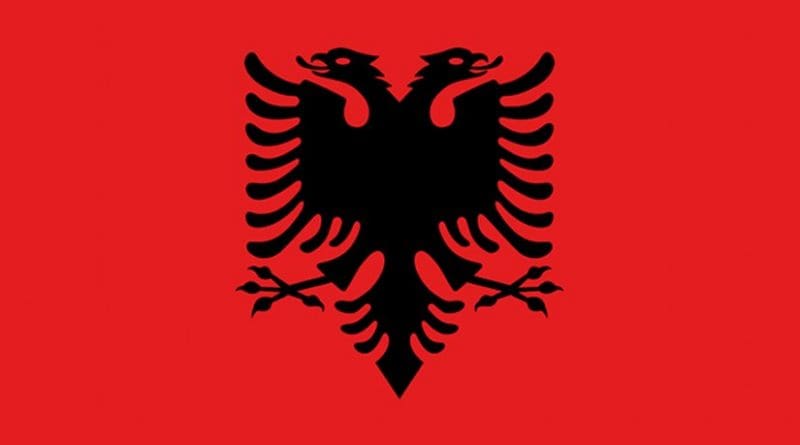Albania: Ex-Interior Minister Accused In Drug-Smuggling Scandal
By Fatjona Mejdini
Former Albanian Interior Minister Saimir Tahiri is mentioned by alleged drug smugglers in newly-released transcripts of Italian police wiretaps, but he has denied any involvement in criminal activity.
Media in Italy and Albania on Tuesday started to release transcripts of Italian police wiretaps of alleged drug smugglers, in which they mention former Interior Minister Saimir Tahiri as someone they paid off with drug money.
The alleged drug smugglers speculate in the wiretaps that Tahiri used the money in Albania’s electoral campaign.
Tahiri responded immediately by saying that two of the alleged smugglers, Moisi and Florian Habilaj, were his very distant cousins and that they used his name to conduct criminal activity and to boast among themselves.
“Two criminals, very distant cousins of mine have mentioned my name and it is not the first time when criminals have used a minister’s name,” he said.
One of the cousins, Moisi Habilaj, was arrested in Italy on Monday, among several Albanians and Italians detained for allegedly trafficking around 3.5 tons of marijuana.
Tahiri admitted that he made a mistake by selling the cousins a car four years ago – a vehicle which the Albanian opposition claims has been used to distribute drugs.
Tahiri said however that he is open to being investigated by prosecutors and he believed that the truth will come out soon. He denies wrongdoing.
After the transcript became public, Prime Minister Edi Rama took to social networks to urge transparency in the case.
“We want the truth as soon as possible. What has come out of a conversation between two criminals is disgusting and shocking,” Rama said.
He said that he had known Tahiri for a long time and that he is a person with good intentions and integrity.
But he also said that Albanians deserve the truth.
“The new government was not created to pardon or tolerate anybody that chooses a criminal path instead of a better Albania,” he said.
Opposition Democratic Party leader Lulzim Basha said earlier on Tuesday that an investigation should be launched into Tahiri on suspicion that he aided drug dealers trafficking cannabis to Italy during his term in office.
“The question that I have today on behalf of the opposition and every Albanian is, what is [Prime Minister Edi] Rama waiting for before he handcuffs and arrests Saimir Tahiri,” Basha told a press conference.
“Albania is on the verge of a historic scandal exposing organised crime and its connections with people who are in power today,” he said.
Tahiri was appointed interior minister by Rama when he took office in September 2013. He was dismissed by Rama on March 2017.
During his time in office, the opposition considered him one of those most responsible for widespread cannabis cultivation in Albania in 2016.
Tahiri was a prominent figure in the Socialist Party’s campaign for this year’s elections, leading the local campaign in the capital, and was re-elected as an MP.
But he had already been accused of having connections to people involved in the drugs trade in 2015.
Dritan Zagani, the former chief of the anti-drugs unit in Fier, a town in southern Albania, was the first to allege a link between Tahiri and the Habilaj family.
A video of the accusations was distributed by the Democratic Party while Zagani and his family were in Switzerland seeking asylum, claiming their lives were at risk because the policeman made the allegations against Tahiri.
At the time, Tahiri strongly denied the accusation that he had links with the Habilaj family and accused Zagani of illegally benefiting from his connection with the Democratic Party.

